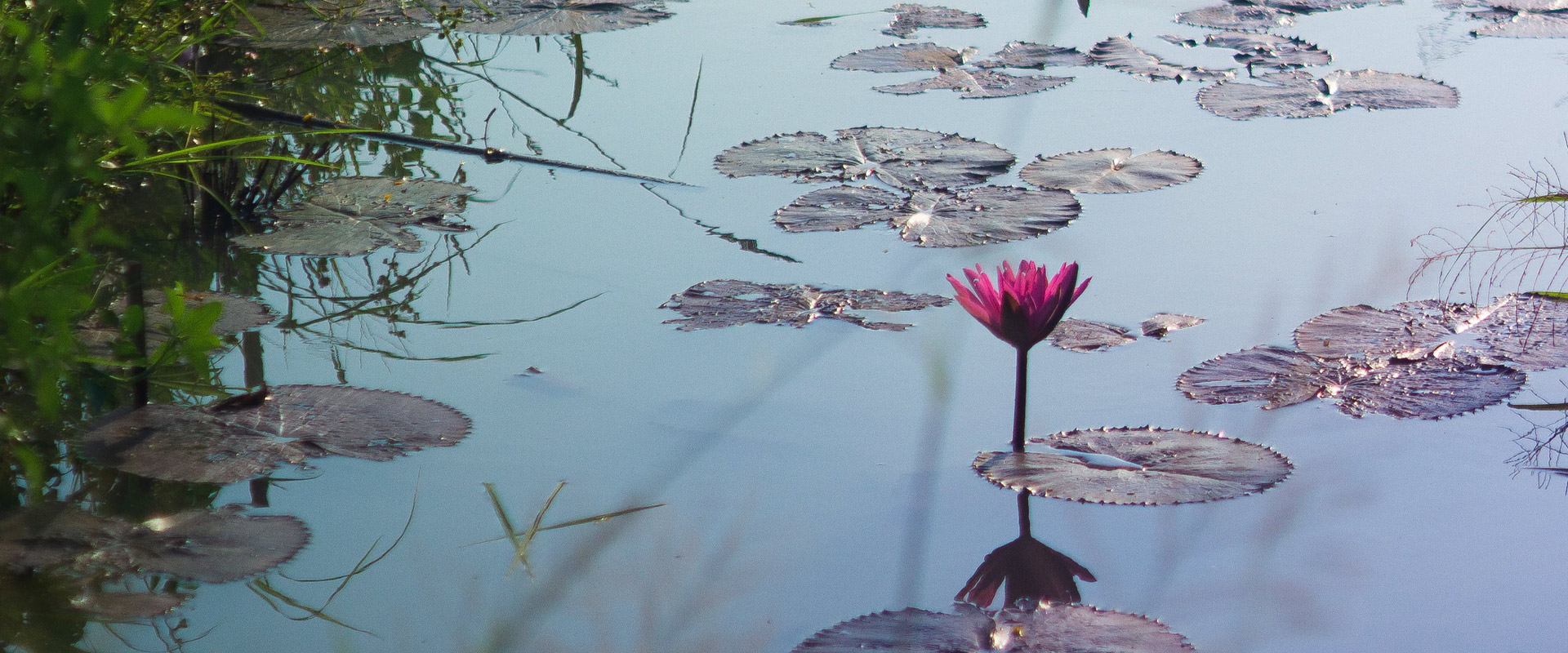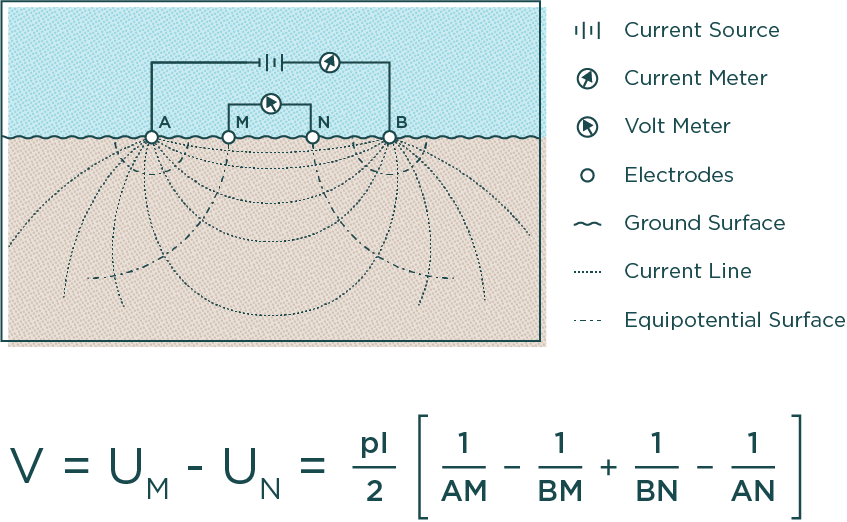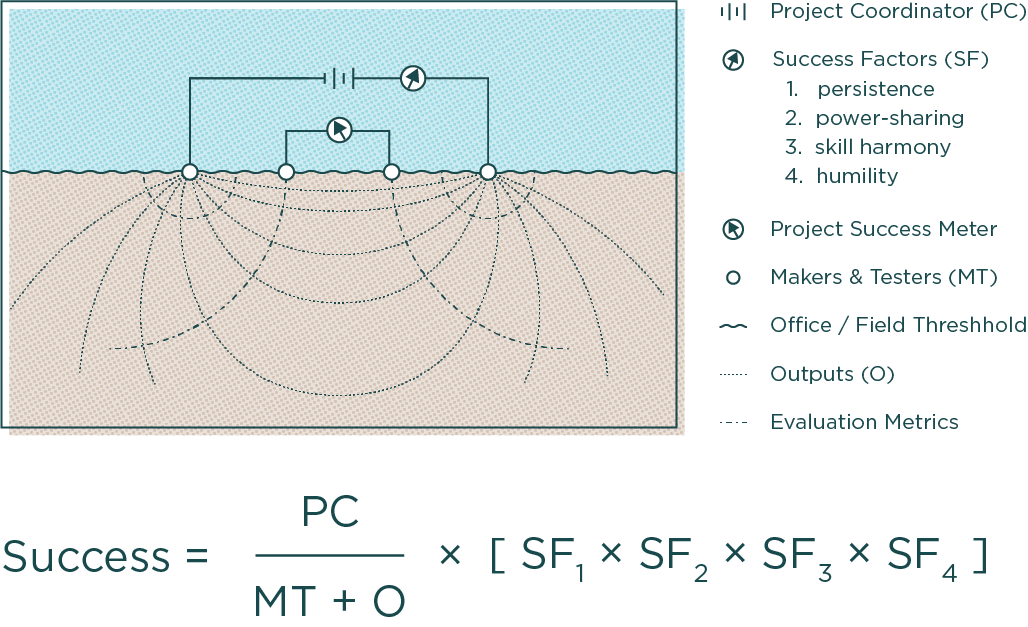An Innovative, Open-source Collaboration Equation

In early 2018, a team of geologists and engineers—including makers and testers—undertook a project supported by the Posner Center’s International Collaboration Fund to prototype and test a low-cost, open-source well siting meter, a device that helps determine the best spot for drilling boreholes for water wells, often to irrigate farmland. Commercial well siting meters can cost between $3,000 to $10,000, not an option for most rural farmers in developing countries.
The team was able to accurately duplicate the work of a commercial resistivity meter with a low-cost, essentially homemade meter. The first model cost approximately $500 and was made in the USA. Later iterations, constructed in Cameroon, decreased costs and improved upon the meter to minimize short-circuiting.
This required a combination of persistence, an evolving circle of committed volunteers, the team’s humility to seek and accept help, and a rapidly evolving and flexible collaborative approach.
Well siting meters
Well siting meters work by creating a high voltage potential to the ground surface, and then using probes to measure the induced current and voltage, from which the resistivity can be calculated. Abrupt changes in resistivity are often indicative of the boundaries between underground layers, and potentially the presence of groundwater. (See project partner JustDesign’s website for more information)

Collaboration equation
The development of the well siting meter by Just Design and GHNI revealed another valuable tool: the Collaboration Equation. Collaboration will discover new, optimal, and otherwise concealed project outcomes, if certain key stakeholders are involved, and key success factors are maintained.

Collaborators
Global Hope Network International brings hope to the hidden and hurting in Africa, Asia, and the Middle East.
Just Design is a member-owned, multi-disciplinary, public-interest cooperative practicing rights-based, anti-oppressive, open source design.
Mike McCarthy, Ph.D., is an Assistant Professor in the Department of Environmental & Civil Engineering at Mercer University.
Michael Zappe is Z-meta Research LLC’s head honcho who works on all aspects of electronic device design and productization.
H2Optimal, Inc. manufactures constant pressure pitless units for water pump systems called Pitless Control Modules.
Greenery Association, Cameroon is a nonprofit organization for the promotion of renewable energy, environmental protection, and poverty alleviation.
Colorado School of Mines is a public research university focused on science and engineering, where students and faculty together address the great challenges society faces today—particularly those related to the Earth, energy and the environment.
